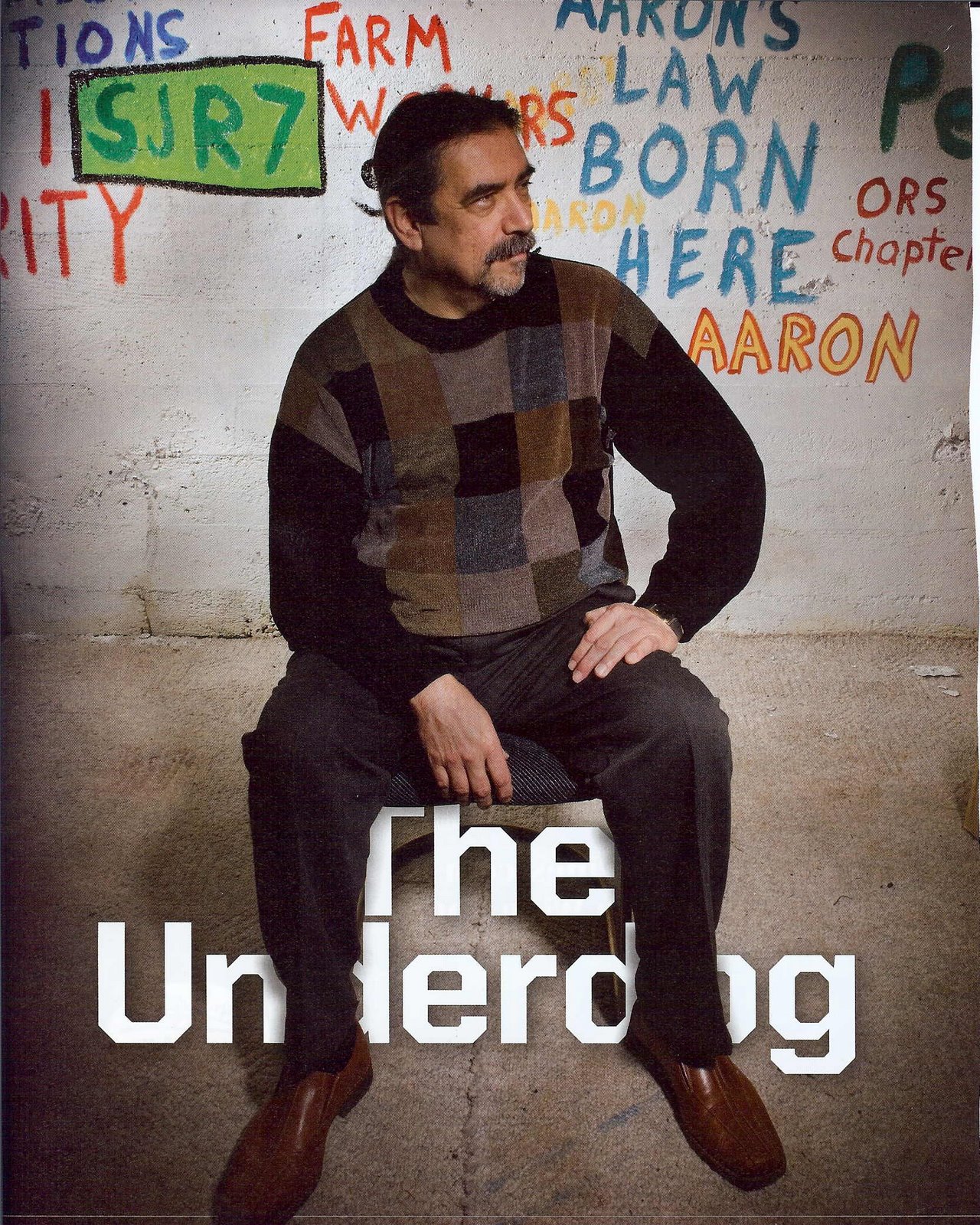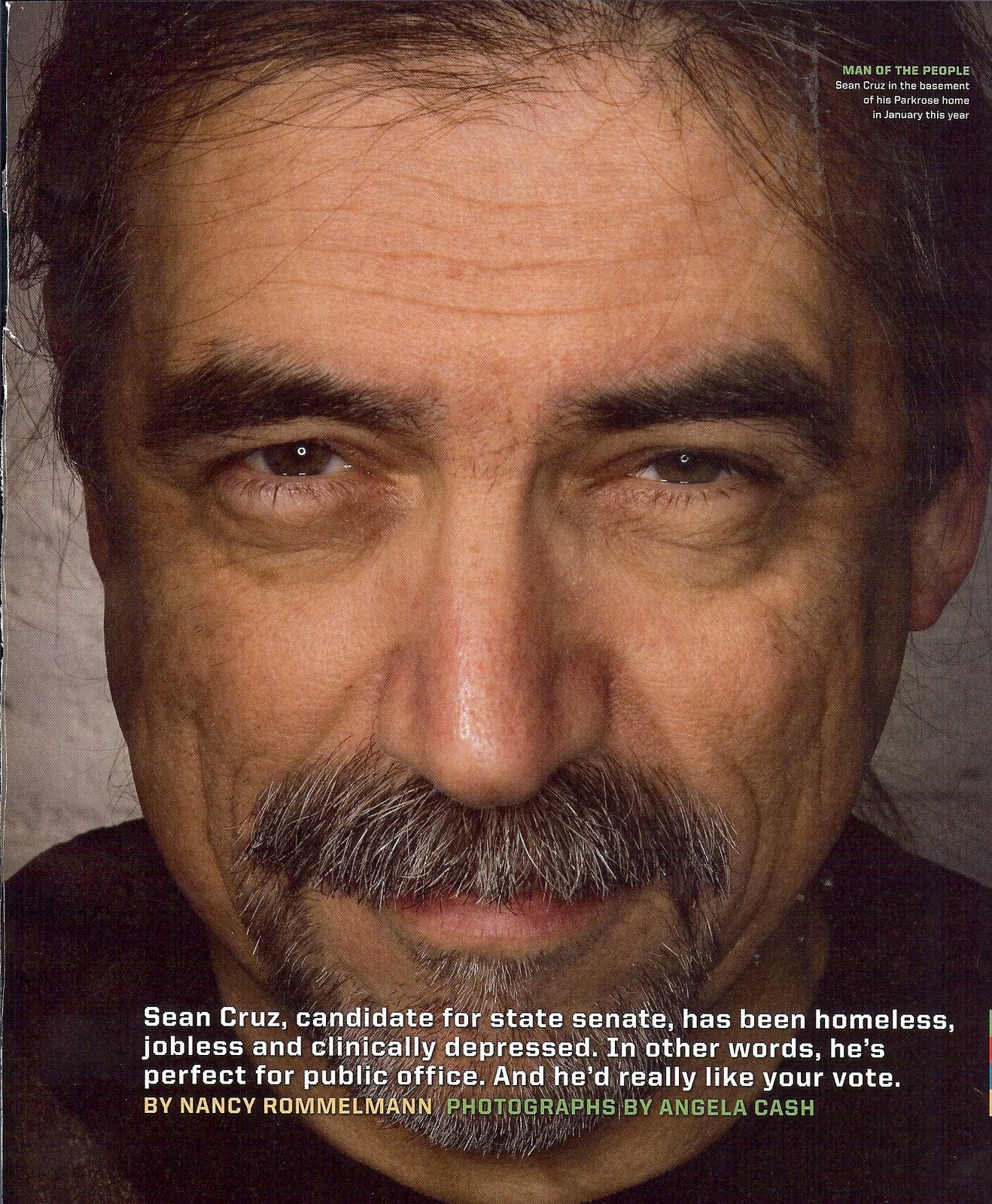March 7, 2017
Hon. Mayor Ted
Wheeler
Hon. Auditor Mary
Hull Caballero
Hon. Commissioner Chloe Eudaly
Hon. Commissioner Nick Fish
Hon. Commissioner
Amanda Fritz
Hon. Commissioner Dan Saltzman
RE: Illegal Private
Property Impound (PPI) towing in Portland
Dear Mayor
Wheeler, Auditor Hull Caballero, and Commissioners:
I am writing to
call your attention to where the City’s Private Property Impound (PPI) system
operates in violation of state law and specifically to the detriment of
low-income apartment residents and immigrant populations.
Given the state
of the City’s ongoing housing crisis, tenant protection concerns and rising
costs, I believe that a new urgency exists regarding this issue, which I have
previously brought before Council from time to time over a number of years.
I am also
concerned about the erosions of citizen protections against towing abuses and
unfair trade practices that have taken place since and despite the towing
reforms enacted in the 2007 legislative session through changes in how the
City’s PPI program has been managed: generally, backing off from enforcing
state law; creating a citizen-unfriendly problem-resolution process; and,
providing no opportunity for citizen input into the system itself.
The prices that
the City has authorized the towers to charge vehicle owners reflect both the
lack of competition among the PPI towers and the erosion of pricing protections
and other abuse protections that the City once afforded the general public, but
which have since gone away, and without an open, public process.
Immigrant
communities are also disadvantaged in the lack of clarity in what “Citizen
Rights” might or might not apply to them, as they are not U.S. citizens and may
not be fluent in English.
There is nothing
in City PPI towing ordinances that addresses vehicles operated by persons with
disabilities. They have, for example, the same amount of time to redeem their
vehicle or to arrange transportation as does a person without disabilities.
The City’s PPI
system was built over time around an arrangement that certain Portland towing
companies reached with each other and with certain commercial property owners
and management companies whereby the towers provide their “goods and services”
at no cost to these certain customers in exchange for the privilege of towing
vehicles from the subject property, despite the fact that the practice is
forbidden in statute.
ORS 98.854 (Prohibitions placed on tower)
(1) A tower may not:
(h) Provide consideration to obtain the privilege of towing motor
vehicles from a parking facility. For the purposes of this paragraph, the
provision of:
(B) Goods or
services by a tower below fair market value constitutes consideration.
The former Towing
Coordinator defended this arrangement, arguing that since the towers all
provide the service for free, the fair market value of the towers’ goods and
services is “zero.”
The towers
recover their costs and manufacture their profits by imposing a pricing scheme onto
the public, who stand at further risk of losing their vehicles to the towers if
they are unable to pay the fees demanded at the time the tow is made. Towers
pay their employees on a commission system and use other tactics to ensure that
their drivers are towing vehicles aggressively enough.
Among the ways in
which this practice operates to the detriment of the public is that the system
contains no incentives for towers to compete with one another by offering to do
the job more efficiently or for less money, since they have all agreed to
provide towing services to this certain class of customers for free.
Among the actions
taken by the 2007 legislature was to add ORS
98.854 Prohibitions Placed on Tower to ORS Section 646.608 Unlawful Trade Practices:
ORS 646.608 Unlawful Trade Practices
(1) A person engages in an unlawful practice if in the course of the
person’s business, vocation or occupation the person does any of the following:
(ddd) Violates ORS
98.854 Prohibitions placed on tower
The City’s
current approved PPI rates for Class A and B vehicles might define the Fair Market Value (FMV) of the towing goods and
services that these towers are providing for free if it was clear who the
willing “buyer” might be, since it is clearly not the general public and
certain property owners and managers are getting their towing goods and
services for free.
The City’s PPI
system also appears to be in violation of Oregon’s Anti-Price Discrimination
Law:
ORS 646.010 to 646.180
Anti-price Discrimination Law (Illegal Contracts)
ORS 646.010¹ Designation
and scope of ORS 646.010 to 646.180
ORS 646.010 … to 646.180 … shall be known and designated as the Anti-price
Discrimination Law; and the inhibitions against discrimination in those sections
shall embrace any scheme of special concessions or rebates, any collateral
contracts or agreements or any device of any nature whereby discrimination is,
in substance or fact, effected in violation of the spirit and intent of ORS
646.010 (Designation and scope of ORS 646.010 to 646.180) to 646.180 (Illegal
contracts).
ORS 646.040
Price Discrimination
(1) It is unlawful for any person engaged in commerce
…(who) in the course of such commerce, either directly or indirectly, to
discriminate in price between different purchasers of commodities, or services
or output of a service trade, of like grade and quality or to discriminate in
price between different sections, communities or cities or portions thereof or
between different locations in sections, communities, cities or portions
thereof in this state, where the effect of such discrimination may be
substantially to lessen competition or tend to create a monopoly in any line of
commerce, or to injure, destroy or prevent competition with any person who either
grants or knowingly receives the benefit of such discrimination, or with
customers of either of them.
Erosion of the
Public’s Rights and Resources
Prior to 2007,
the City would not permit PPI towers to charge fees for mileage, dollies and
photographs, etc. but does so now. These prices also include a hidden $ 20.00
signage fee, the result of an arbitrary formula created by the former Towing
Coordinator, intended to compensate the tower for the costs of any signage the
tower might have placed on the subject property, with no upper limit as to when
the signs – if they exist at all – are fully paid for.
During this
period, in order to increase profits, PPI towers and their client property
owners and managers have added at least one towable “offense” that at minimum
is a violation of landlord – tenant law. Some apartment complexes have adopted
a “No Back-In Parking” rule that subjects tenants and guests to immediate
towing without further notice simply for failing to park their otherwise-in-compliance
vehicles nose-in.
Tenants routinely
sign rental agreements where they specifically agree to have their vehicle
towed without further notice, and without being fully informed of their rights.
Apart from
creating towing opportunities for drivers working on commission, the No Back-In Parking rule appears to exist
only so that drivers can troll a parking facility more easily, with no other
benefit accruing to either the tenant or property owner/manager.
ORS 90.245 Prohibited
provisions in rental agreements
1. A rental agreement may not provide that the
tenant:
(a) Agrees to waive or forgo rights or remedies under this chapter; ….
2. A provision prohibited by subsection (1) of this
section included in a rental agreement is unenforceable. If a landlord
deliberately uses a rental agreement containing provisions known by the
landlord to be prohibited and attempts to enforce such provisions, the tenant
may recover in addition to the actual damages of the tenant an amount up to
three months’ periodic rent.
ORS 90.262 Use
and occupancy rules and regulations
1. A landlord, from time to time, may adopt a rule
or regulation, however described, concerning the tenant’s use and occupancy of
the premises. It is enforceable against the tenant only if:
(a) Its purpose is to promote the convenience, safety
or welfare of the tenants in the premises, preserve the landlord’s property
from abusive use, or make a fair distribution of services and facilities held
out for the tenants generally;
(b) It is reasonably related to the purpose for which
it is adopted;
Applicable State
Laws
The City’s PPI resource
pages omit several key applicable state laws, specifically:
ORS 98.854 Restrictions
on Towers*
ORS 646.608 (1 [ddd]): Unlawful
Trade Practices
ORS 646.010 to 646.180 Anti-Price
Discrimination Law
ORS 90.245 Prohibited
provisions in rental agreements
ORS 90.262 Use and
occupancy rules and regulations
*While ORS 98.854 Restrictions on Towers is technically referenced on the City PPI page
(ORS 98.850 to 98.864), the link takes members of the public to a page listing 91
statutes by title, of which ORS 98.854
Restrictions on Towers is buried 81 titles deep. Most of these titles are
unrelated to towing.
Towing from Private Property
Private Property
Impounds (PPI) are tows from private property requested by a property owner or
business owner in the city of Portland.
Role of the
Towing and PPI Program: Improper tows, fees charged, signs, tower conduct
(i.e., rudeness)
Complaints & Appeals
Find a car: Police
Records (503) 823-0044
Oregon Department of
Justice: Consumer Protection, Towing
Consumer Hotline:
1-877-877-9392 ~ OR Consumer Complaint Form
Applicable State Laws:
The City has for
years published a monthly listing of all PPI tows taking place; however, that
practice ended in November 2016. No reason for this change is posted on the
site.
663 vehicles were
towed under the PPI system during November, the majority from low-income
apartment complexes. Each tow drains some $ 200+ dollars at minimum from the
tenant’s cash resources and imposes significant hours of time and much stress
on the end recipient of the program’s “free” goods and services.
In conclusion, I
want to note that the Legislative Assembly stated its intent regarding
involuntary towing in the 2007 session in ORS
98.850. I hope that the City considers these facts and those stated herein
and acts immediately to suspend its Private Property Impound towing program and
to focus some resources on assisting those members of the public whose vehicles
were towed in violation of Oregon state law.
ORS 98.850 Legislative
findings and declaration
(2)The Legislative Assembly declares that:
(a)Statutes that assist members of the public in
avoiding involuntary loss of use of motor vehicles and in expediting recovery
of motor vehicles and the personal property in the motor vehicles promote the
safety and welfare of members of the public.
Sincerely,
s/Sean Aaron Cruz
Executive
Director






